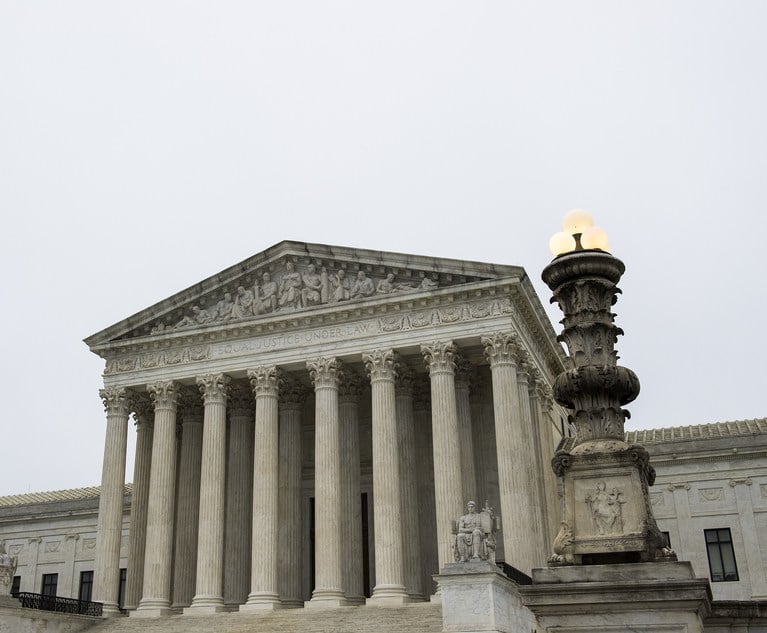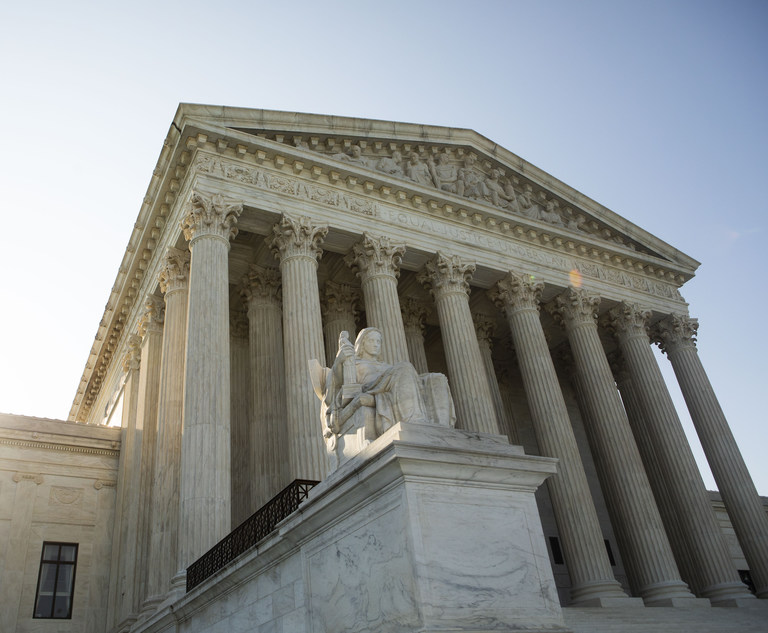John C. Coffee, Jr.

January 08, 2025 | New York Law Journal
The Corporate Transparency Act Meets the Fifth CircuitThe author writes "This short column will not attempt to rewrite federal procedural law, but it can note that the problem seems to be spreading and involves a level of gamesmanship that matches the increased polarization of our contemporary society. In the past, nationwide injunctions were debated in the context of major controversies, such as abortion."
By John C. Coffee, Jr.
9 minute read

November 19, 2024 | New York Law Journal
The Elliott Management vs. Southwest Airlines Faceoff: Who Won and What Determined the Outcome?This article discusses the faceoff between the Elliott Management and Southwest Airlines. "Elliott Management Corp.’s recent campaign to oust the CEO of Southwest Airlines furnishes us with a rough measuring rod by which to judge just what activists can (and cannot) achieve."
By John C. Coffee, Jr.
7 minute read

September 18, 2024 | New York Law Journal
The Real World of Whistleblowers: Hey, the Incentives Don't Work!The new DOJ Pilot Program varies significantly from the SEC's prior program, and these differences raise fundamental questions: What will most encourage whistleblowers to come forward? What will best motivate defendants to self-report their criminal involvement? How will these new DOJ procedures affect the standard Deferred Prosecution Agreement?
By John C. Coffee Jr.
12 minute read

May 17, 2023 | New York Law Journal
Is the Administrative State Locked Into a Death Spiral? The Impact of 'Axon Enterprise, Inc. v. FTC'In his Corporate Securities column, Professor John Coffee discusses the impact of Axon Enter. v. FTC, which he writes "masks a lack of consensus and shows the court to be straddling—at least for the time—a deep division over whether administrative agencies can utilize administrative law judges."
By John C. Coffee Jr.
11 minute read

March 15, 2023 | New York Law Journal
'Slack Technologies' and the Future of Section 11On April 17, the Supreme Court is set to hear argument in Slack Technologies v. Pirani, a case which seemingly deals with a technical issue of standing under Section 11 of the Securities Act of 1933, but which could render that provision largely irrelevant. In his Corporate Securities column, Professor John Coffee discusses both the implications of Slack and the predictable attempts by issuers and underwriters to downsize Section 11 further by manipulating its tracing requirements.
By John C. Coffee Jr.
12 minute read

January 18, 2023 | New York Law Journal
Extraterritorial Fraud: When Can the Government Sue?The bottom line is that extraterritoriality in regulatory cases appears to lie today largely in the eye of the beholder. All that a judge has to assert is that some conduct by a person in the United States was "integral" to the fraud.
By John C. Coffee Jr.
13 minute read

November 16, 2022 | New York Law Journal
Federalism and Proxy Contests: What Should Be the Balance Between the State and Federal Roles?Is it (or when is it) legitimate for corporate management to reject a nomination in a director election (given that management is usually self-interested)? This column's answer will be that an independent corporate board is entitled to take actions (including through bylaws amendments) that generate greater transparency and material information—subject to judicial review.
By John C. Coffee Jr.
10 minute read

September 14, 2022 | New York Law Journal
The Major Question Doctrine and the SECDoes the MQD apply as well to the SEC and its attempt to require greatly enhanced climate-related disclosures? This column will suggest that the SEC can outflank that doctrine, but only if it is careful.
By John C. Coffee Jr.
9 minute read

July 20, 2022 | New York Law Journal
What Does 'West Virginia v. EPA' Mean for the SEC?: Implications, Distinctions and PredictionsIf the conservative majority on the Supreme Court intends to dismantle (or at least downsize) the Administrative State, this coming year may prove critical because the opportunities for major downsizing have already been placed on the court's agenda.
By John C. Coffee Jr.
12 minute read

May 18, 2022 | New York Law Journal
Legal 'Leakers': Can They Be Criminally Prosecuted?The need to invoke the criminal sanction seems doubtful, particularly because the disclosure of the leaker's identity (at least in the case of Justice Alito's opinion) is likely to be career-ending.
By John C. Coffee Jr.
8 minute read
Trending Stories
- 1Silk Road Founder Ross Ulbricht Has New York Sentence Pardoned by Trump
- 2Settlement Allows Spouses of U.S. Citizens to Reopen Removal Proceedings
- 3CFPB Resolves Flurry of Enforcement Actions in Biden's Final Week
- 4Judge Orders SoCal Edison to Preserve Evidence Relating to Los Angeles Wildfires
- 5Legal Community Luminaries Honored at New York State Bar Association’s Annual Meeting



